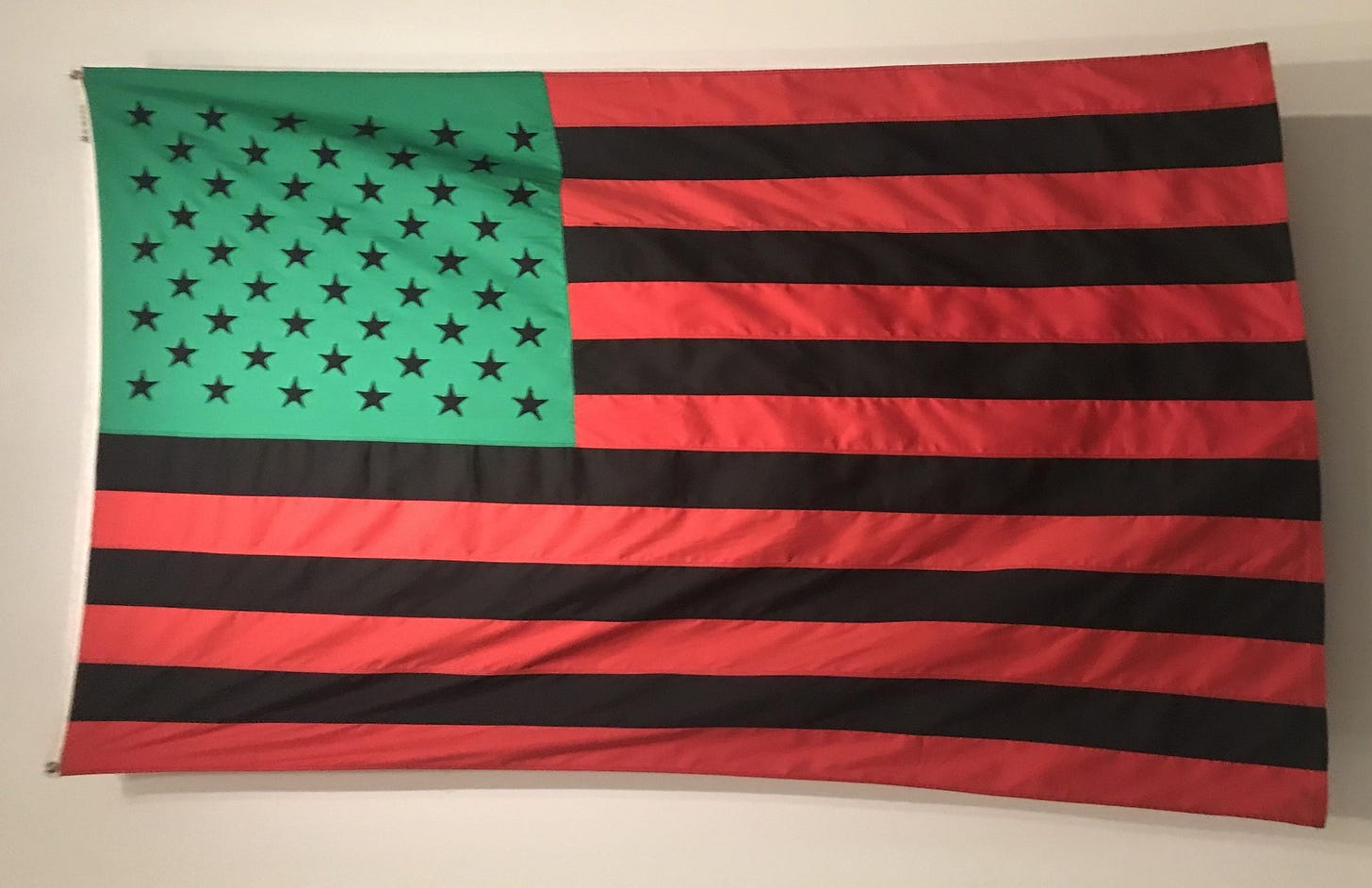Every summer, marketers fail to learn from watermelons. Despite finding them in the fruit aisle, buying a watermelon ain’t no produce snag-and-grab, and studying the process teaches us a little something about buying psychology.
People apply more scrutiny to watermelons than they do any other fruits. And Russians have their own method for choosing watermelon. My dad would pick one up to his ear, slap it as if he were fixing our old Mitsubishi television, and listen. Good echo? Good melon. Growing up, my dad knocked a lot of melons, but only half ever answered the door; 50% is great for at-bat, but mediocre for melon-picking – he might as well have flipped a coin.
And despite knocking their melons, most people never cross-examine a banana. Why not? We may find a clue in the watermelon’s price.
A watermelon is often more expensive than other single fruits, so perhaps the high cost demands high scrutiny. Unfortunately, like the bad melons my dad bought, this theory doesn’t hold water. A watermelon may be more expensive than a single apple, but not by volume. When comparing apple and watermelon purchasing powers by-weight, the difference in cost is negligible and may even favor the melon. So price is unlikely the primary reason we turn into Sherlock Holmes at the melon stand. Perhaps we find another clue in the watermelon’s size.
In the states, watermelons are available exclusively in the summer, so rarity would entice us to buy several. But due to their size, we usually purchase just one. So when we buy a bad one, we buy a whole lot of bad – and end up hate-chewing a cubic foot of crimson seafoam.
Perhaps there’s something to be said about wrongness-per-volume. We buy apples by the bunch, and thereby distribute our risk across several attempts at fruit-based pleasure. With watermelons, we’re forced to get it right 100% of the time. And here’s what really kicks our scrutiny into high-gear: we rarely buy watermelons for ourselves.
If I want watermelon, I grab the individually packaged wedges. But when a group wants watermelon, I’m usually buying the whole melon to share. And therefore, the pressure to absolutely crush the melon-picking game is as immense as the melon itself – the melon, by volume alone, dominates the fruit table at any party. Bad melon? Terrible host. Great melon? Okay… okay.
So the pressure to purchase a good melon is high, and the absence of in-store assistance enables people to beat fruit in public. Despite the zero studies released about the shopping habits of produce-abusing Russians, grocers know that shoppers apply added scrutiny to melons every summer, yet they do nothing.
When customers scrutinize, purchase rates fall. The only way to combat this is to help customers answer their questions, and to improve their chances. Here’s my free advice: slap a buying-guide right next to the watermelon price-tag, and title it, Sounds Good! A 5-Point Guide to Picking Perfect Melons for the Hearing-Impaired (also Russians).






